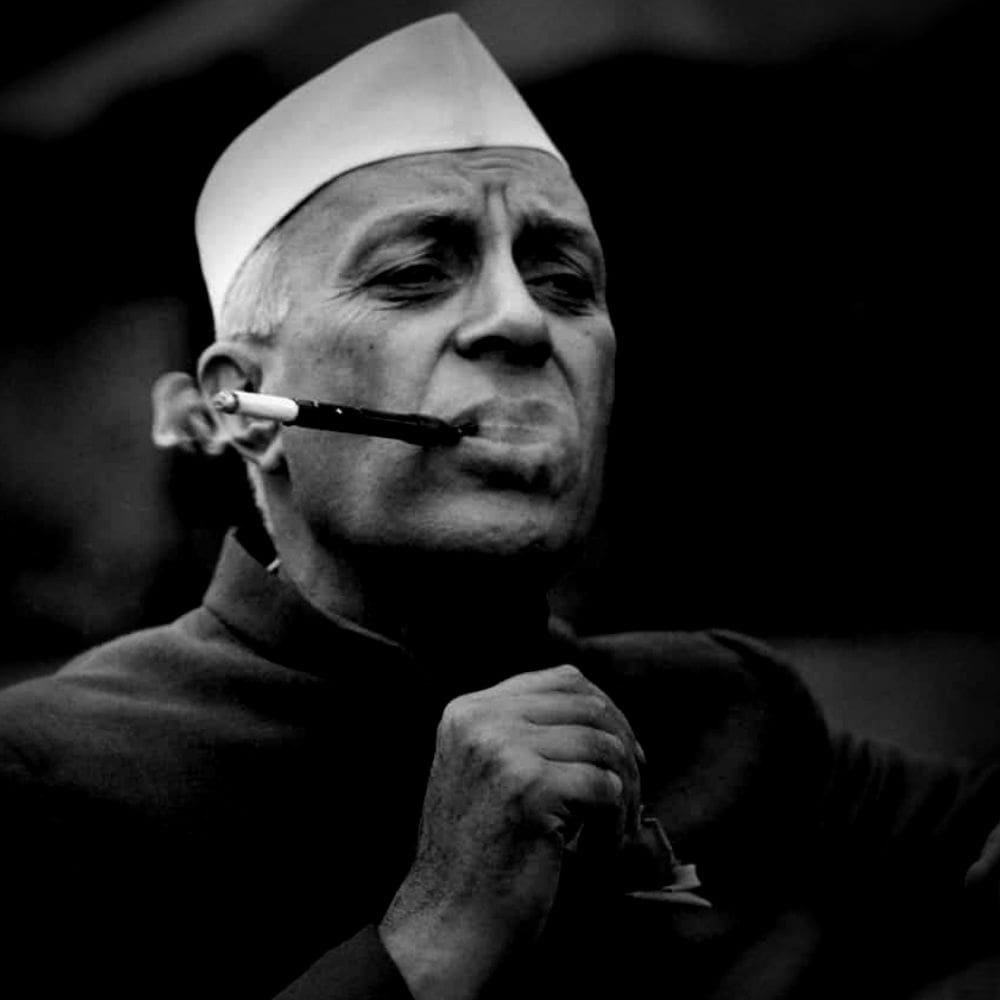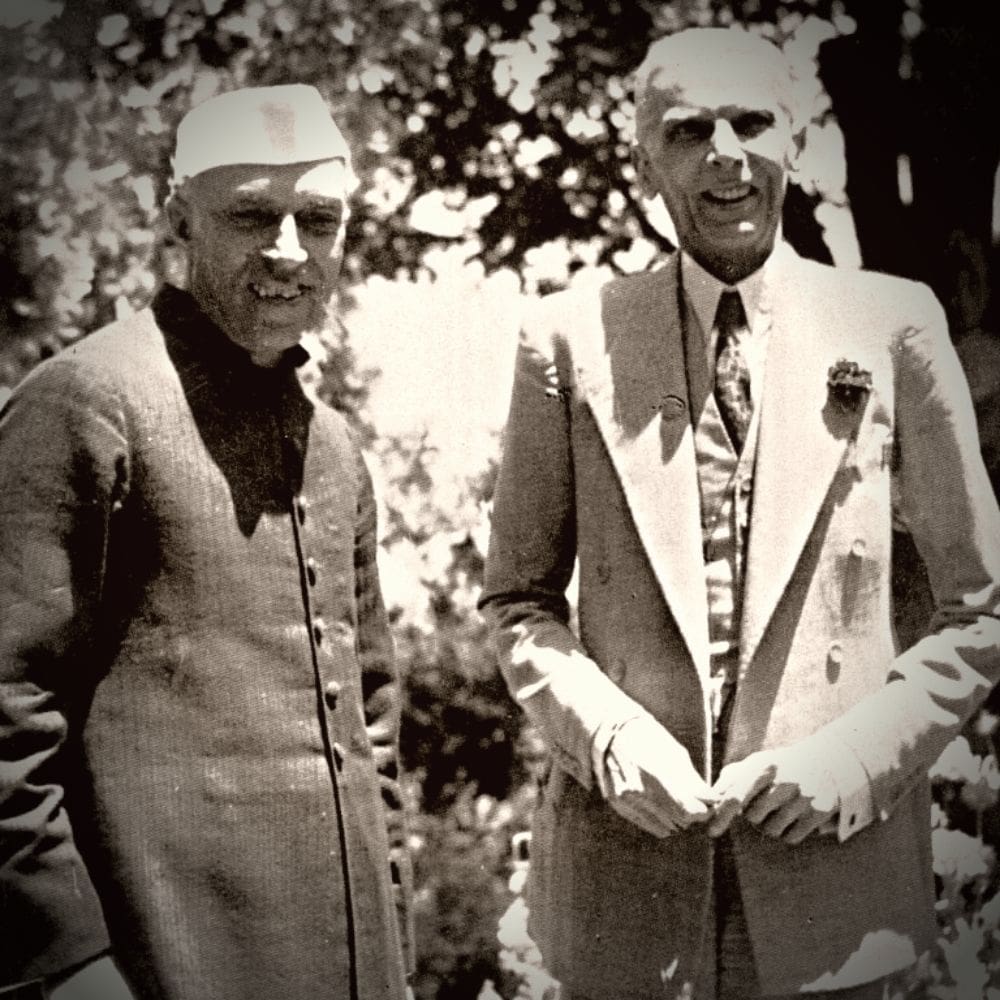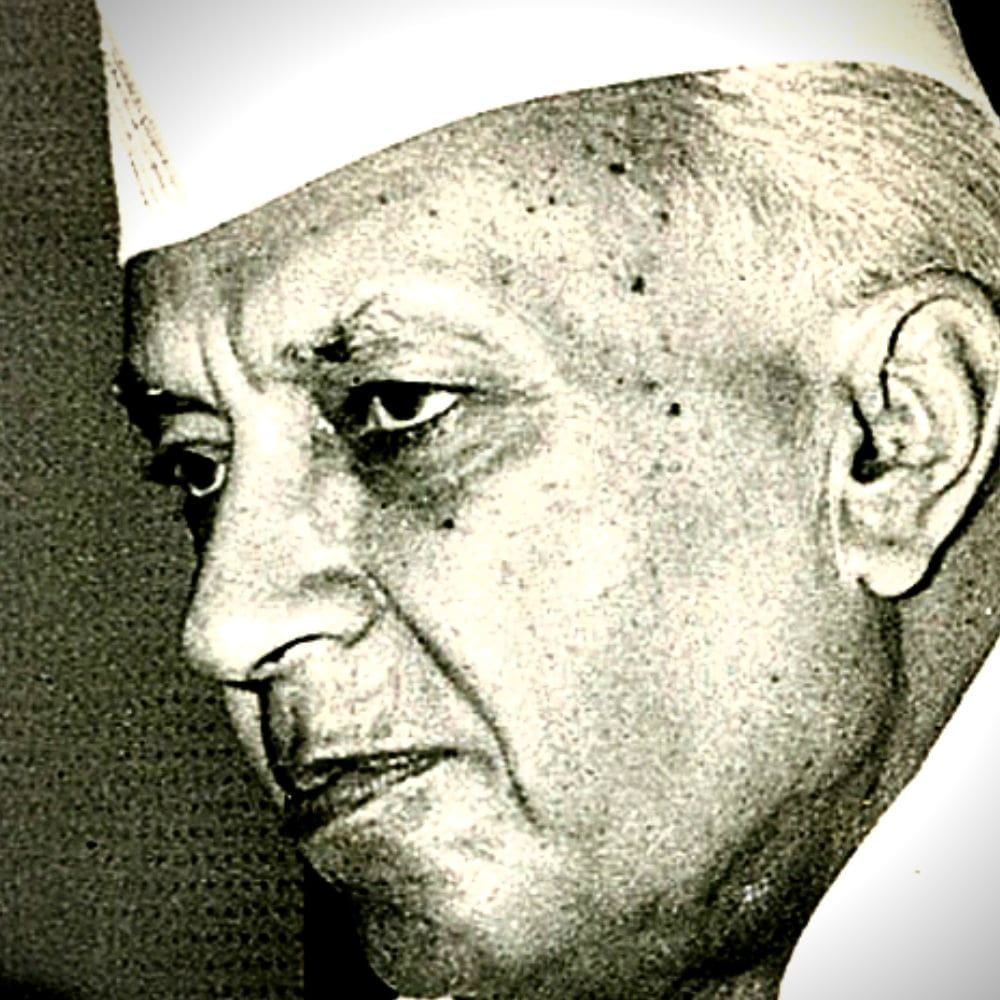“DEMOCRACY, THANKS TO NEHRU?”—NOT TRUE
Not seldom are those who tend to be critical of Nehru reminded it is thanks to Nehru India is a democracy, whose fruits all Indians are enjoying —including criticising him. Does the contention hold?
Elections were conducted in India during the British times too. Congress had not only won the 1937-elections and formed ministries in many states; post elections, with power in their hands, they had already become so corrupt that Gandhi had desired disbanding of Congress after independence. The last pre-independence elections were held in 1946. Independent India inherited many democratic institutions, including election machinery—only it needed a boost to handle universal suffrage.
It was, in fact, the Constitution of India framed under Dr Ambedkar, and passed by the Constituent Assembly comprising scores of worthies and headed by Dr Rajendra Prasad, which had provided for universal adult franchise and democratic setup. So, how can the credit be given to Nehru?
Nehru’s own election as the President of Congress in 1946, that led to his becoming India’s first prime minister upon independence, was undemocratic. For details, please see Blunder#6.
In the long-term interest of the nation, a responsible democrat would have assiduously worked to establish a multi-party, or at least a two-party democratic system. However, too keen for himself and his dynasty to forever remain in power, Nehru saw to it that India’s nascent democracy was not nurtured for a robust opposition. He tried all the tricks to defame, belittle and weaken the opposition.
How can a person like Nehru who introduced dynastic politics (next ‘blunder’) into India be called a democrat? The biggest menace threatening India is not corruption or lack of governance or reforms or Babudom, but dynasty, because that is at the root of all others. Nehru never worked to make India a really mature democracy. His exertions were to actually turn it into a hereditary, Nehru-dynastic democracy. In doing so, as a collateral to dynacracy (dynastic democracy), India also turned into a nepoticracy, feudocracy, and chamchacracy.




